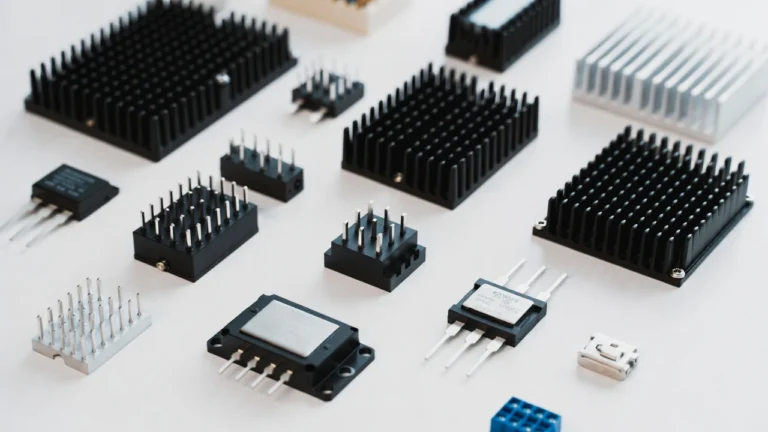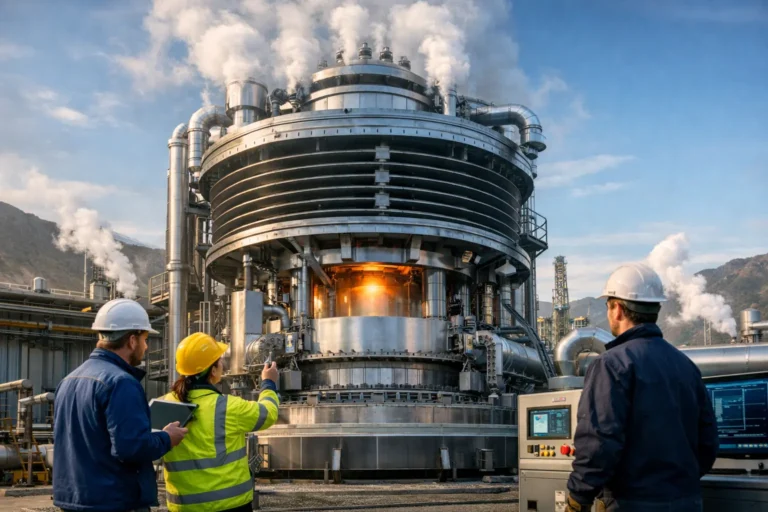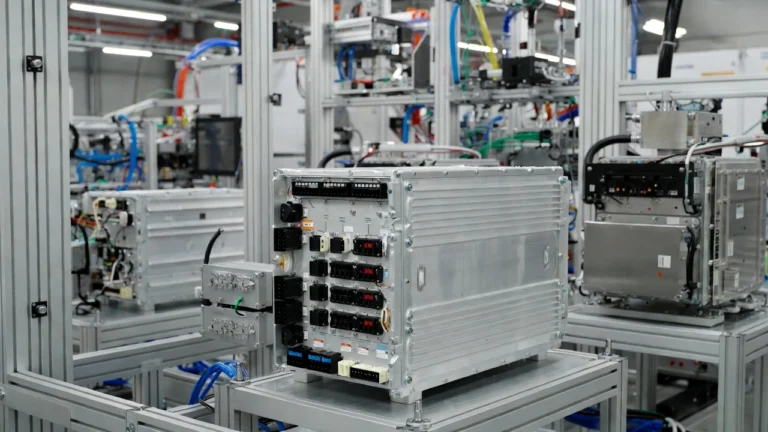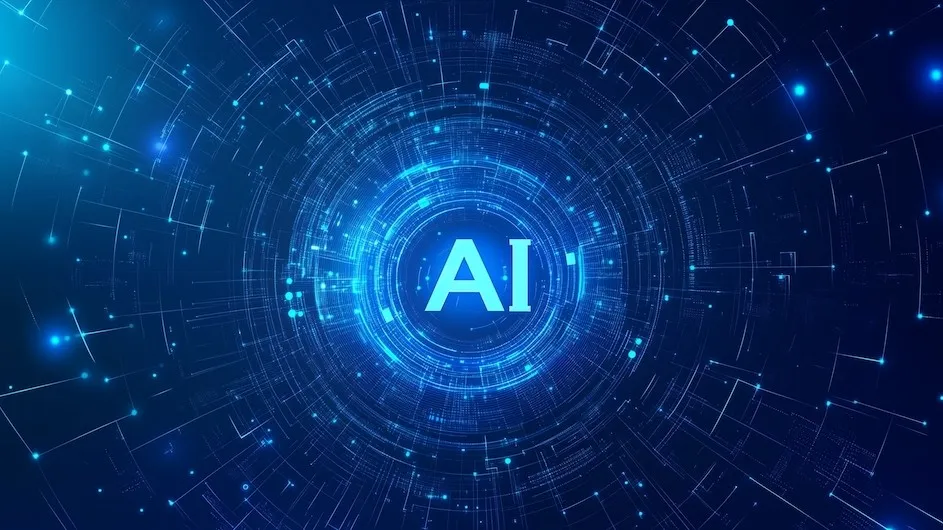
Collide Raises $5 Million to Revolutionize the Energy Sector with GenAI Technology
Collide, a generative AI (GenAI) platform purpose-built for the energy sector, has announced the successful close of a $5 million seed funding round. The round was led by the Houston-based Mercury Fund, with participation from several high-profile investors including Bryan Sheffield, founder of Parsley Energy; Billy Quinn, Managing Partner at Pearl Energy Investments; David Albin of Crossplane Capital; and a cohort of influential leaders from the oil and gas industry. The funding marks a critical inflection point for Collide as it scales its AI-powered technology platform and strategically grows its engineering and technical teams to meet surging demand in the energy space.
The announcement comes at a pivotal time for the global energy sector. Long known for its cautious adoption of new technologies, the industry is undergoing a profound transformation, driven not only by market pressures and sustainability goals but also by deep demographic shifts in its workforce. A massive exodus of Baby Boomer talent—engineers, geologists, and field experts with decades of domain-specific knowledge—is underway. At the same time, a generational gap in experienced Gen X professionals has created challenges in leadership continuity and knowledge retention. These dynamics are forcing the industry to confront a long-standing problem: how to preserve and transfer operational and technical expertise before it’s lost.
Enter Millennials and Gen Z—digital-native generations stepping into leadership and decision-making roles, armed with a strong appetite for innovation and tools that align with their way of working. For many of these emerging leaders, AI is not a futuristic ideal; it’s a necessary and immediate solution to long-standing operational inefficiencies. In this new landscape, energy companies are seeking to adopt AI-native systems that can act as dynamic repositories of institutional knowledge while accelerating decision-making processes across engineering, exploration, development, and operations. Collide is positioning itself at the forefront of this shift.
Building the Future of Energy Intelligence
Founded by industry veterans with deep roots in oil and gas, Collide is more than just a software company—it’s a platform designed to bridge the past and future of the energy workforce. The company initially launched as a community-driven professional network—a digital meeting place for petroleum engineers, geoscientists, and energy professionals to share knowledge and insights. That foundation laid the groundwork for something bigger: a full-scale enterprise-grade AI platform built specifically to meet the complex needs of energy companies.
At the heart of Collide’s platform is a powerful combination of retrieval-augmented generation (RAG) and large language models (LLMs). Unlike generic AI tools that scrape and synthesize information from the entire web—often producing vague or hallucinated results—Collide’s platform leverages a proprietary and curated knowledge base. This knowledge base includes thousands of technical papers, internal best practices, proprietary workflows, safety protocols, and a rich question-and-answer dataset created by and for energy professionals. The result is a system that delivers accurate, highly contextual, and fully cited responses that energy workers can rely on.
“With traditional platforms like OpenAI, Microsoft Copilot, or Perplexity, you’re often getting answers that are too broad or irrelevant for the highly specialized work of oil and gas professionals,” explains Collin McLelland, Co-Founder and CEO of Collide. “What we’ve built is an AI-native platform that’s purpose-built for this industry—it understands the context, it speaks the language, and it provides outputs that engineers and operators can trust.”
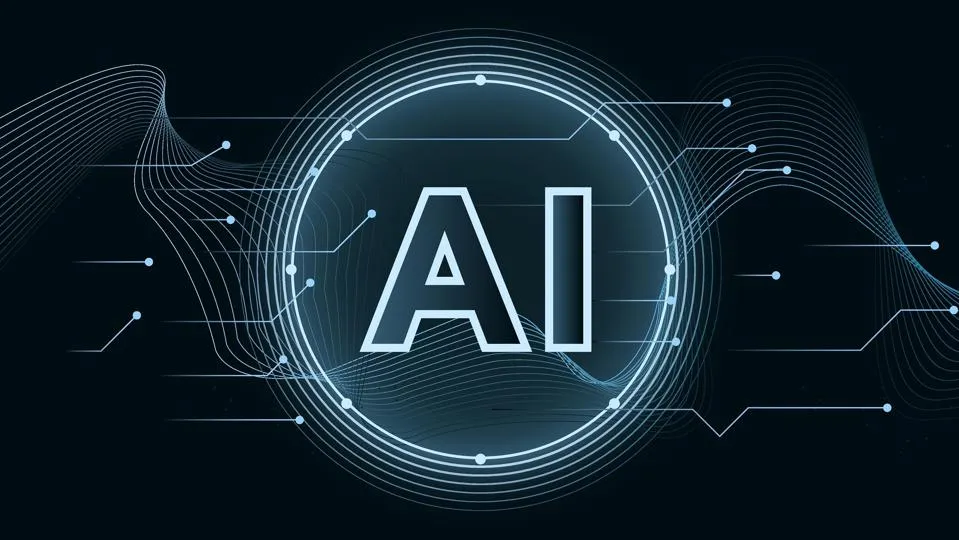
Demonstrating Real-World Value
The early numbers back up Collide’s impact. Since launching its community and GenAI platform, Collide has attracted more than 6,000 users from across 122 countries. That growth is increasing steadily—at an 11% month-over-month clip—as energy professionals look for smart tools to improve productivity and decision-making.
On the ground, the results are already tangible. Collide estimates that its platform saves petroleum engineers anywhere from 25% to 33% of the time they would otherwise spend searching for answers, consulting legacy documentation, or manually analyzing historical data. These gains translate into faster project execution, reduced risk of errors, and more informed technical decisions—a powerful value proposition in an industry where margins are tight, timelines are short, and safety is paramount.
Moreover, Collide is already working with a growing base of public and private upstream oil and gas companies, including private equity-backed exploration and production (E&P) firms. These clients use the platform not just as a research tool but also as a decision support system embedded into their workflows—helping teams in drilling, reservoir management, and production optimization make smarter, data-driven calls in real time.
Strategic Backing to Fuel Expansion
The latest round of funding gives Collide the runway to accelerate development and scale operations. The company plans to expand its engineering team with a focus on AI and data infrastructure, deepen its energy knowledge base, and grow its footprint among enterprise clients.
Mercury Fund, which led the round, brings more than just capital to the table. With a focus on investing in software and AI companies driving transformation in legacy industries, Mercury is an ideal partner for Collide’s next phase of growth.
“Co-founders Collin McLelland and Chuck Yates bring a rare combination of industry credibility and forward-thinking vision,” said Blair Garrou, Managing Partner at Mercury Fund. “What sets Collide apart is its ability to combine domain expertise with a proprietary, structured knowledge base that creates a real moat around the product. This is vertical AI done right—and it’s exactly the kind of innovation that can reshape an entire industry.”
Garrou emphasized that while many GenAI startups are building generic tools for the mass market, Collide is laser-focused on solving high-value problems in one of the world’s most complex and consequential industries. That vertical focus is what gives the company its edge—and what makes its product indispensable for energy teams grappling with a generational transition, a digital transformation, and rising performance pressures all at once.
A Vision Rooted in Empowerment
For McLelland and Yates, the mission is as much about culture as it is about code. They envision Collide not just as an AI tool, but as a catalyst for empowering the next generation of energy professionals—giving them the tools, knowledge, and network they need to succeed in a high-stakes industry that’s only getting more complex.
“The world’s greatest challenge today is an energy crisis,” McLelland said. “And that crisis isn’t going to be solved with the tools of yesterday. We need modern, intelligent systems that can keep pace with the demands of today’s energy professionals. That’s what Collide is building—technology that doesn’t just support the industry, but propels it forward.”
In a world where the energy transition dominates headlines and climate imperatives are reshaping investment priorities, Collide’s approach offers a pragmatic bridge. By helping oil and gas companies become more efficient, more data-driven, and more resilient, the platform is supporting a more sustainable and future-ready energy landscape.
As the company enters its next chapter with new capital and a growing user base, Collide is poised to lead the charge in modernizing one of the world’s most critical industries. The GenAI revolution is underway—and thanks to Collide, the energy sector is finally catching up.





